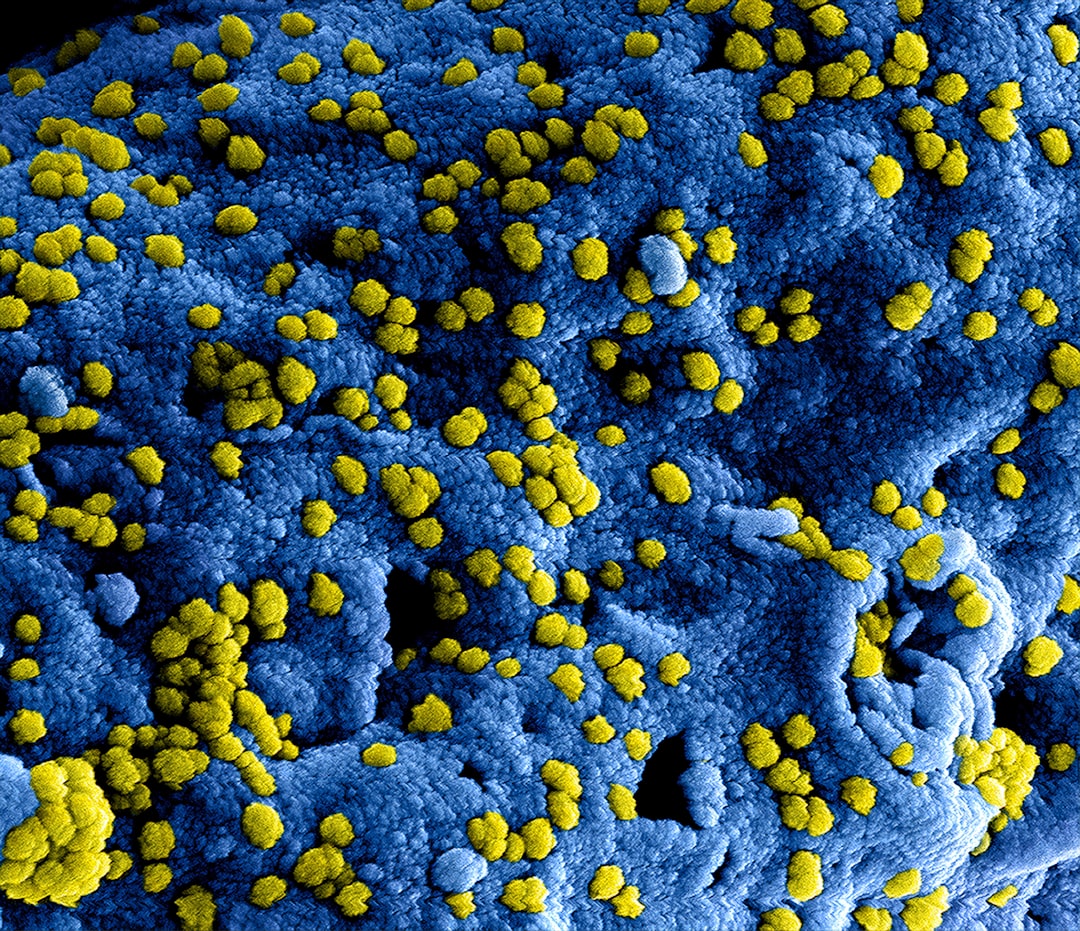What is it about?
Vitamin C is an essential nutrient and lack of Vitamin C causes scurvy, a health problem with a range of issues including problems with bone homeostasis, loss of bone in the jaw and loose teeth. Vitamin C is also the active ingredient of biological mixtures that mediate differentiation of mesenchymal stem cells into bone forming cells (osteoblasts). This study shows that Vitamin C works in bone forming cells by modifying DNA and proteins that control expression of genes that encode bone specific proteins.
Featured Image

Photo by eggbank on Unsplash
Why is it important?
Vitamin C deficiency and scurvy symptoms still occur in groups of people that differ in demographics, behaviors and/or environmental conditions. The role of Vitamin C in skeletal health has been linked to a requirement for the assembly of collagen fibers that form the molecular scaffolds for mineralization of bones. The study shows that another very important function of Vitamin C is to support biosynthesis of non-collagenous proteins that mediate biomineralization of collagen. This new mechanistic insight provides a new concept for understanding bone formation and bone healing after injury.
Perspectives
Scurvy is a well-known ancient disease that conjures up images of long sea voyages in the 18th century and affected sailors who were cured by drinking lemon juice. Last century it became clear that ascorbic acid (Vitamin C) is the active ingredient in citrus fruits. This century we gained the understanding that Vitamin C acts at a biochemical level by activating hydroxylases that modify methyl groups attached to DNA and proteins. Yet, a key fundamental question remains. Why did humans lose the ability to make their own Vitamin C, when virtually any other species (plant or animal) can easily produce it from glucose? The plot deepens because guinea pigs also lost the gene for this enzymatic function. Educated guesses can be made but the evolutionary event that caused Vitamin C dependency in humans remains enigmatic.
Andre van Wijnen
University of Vermont
Read the Original
This page is a summary of: Vitamin C epigenetically controls osteogenesis and bone mineralization, Nature Communications, October 2022, Springer Science + Business Media,
DOI: 10.1038/s41467-022-32915-8.
You can read the full text:
Contributors
The following have contributed to this page










